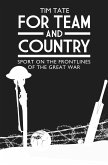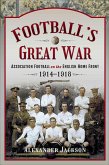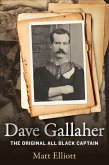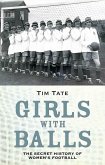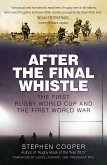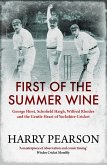As Europe descended into war over the summer of 1914, cricket in England continued as it had for the preceding few decades. Counties continued with their championship programme, clubs in the North and Midlands maintained their league and cup rivalries whilst less competitive clubs elsewhere enjoyed friendly matches. However, voices were soon raised in criticism of this 'business as usual' approach - most notably that of cricket's Grand Old Man, W.G. Grace. Names became absent from first-class and club scorecards as players left for military service and by the end of the year it was clear that 1915's cricket season would be very different. And so it would continue for four summers. Rolls of honour lengthened as did the grim lists of cricket's dead and maimed. Some club cricket did continue in wartime Britain, often amidst bitter disputes as to its appropriateness. Charity matches were organised to align the game with the national war effort. As the British Empire rallied behind the mother country, so cricket around the world became restricted and players from far and wide joined the sad ranks of sacrifice. Cricket emerged into the post-war world initially unsure of itself but the efforts that had been made to sustain the game's infrastructure during the conflict ensured that it would experience a second golden age between the wars.
Dieser Download kann aus rechtlichen Gründen nur mit Rechnungsadresse in A, B, BG, CY, CZ, D, DK, EW, E, FIN, F, GR, HR, H, IRL, I, LT, L, LR, M, NL, PL, P, R, S, SLO, SK ausgeliefert werden.



